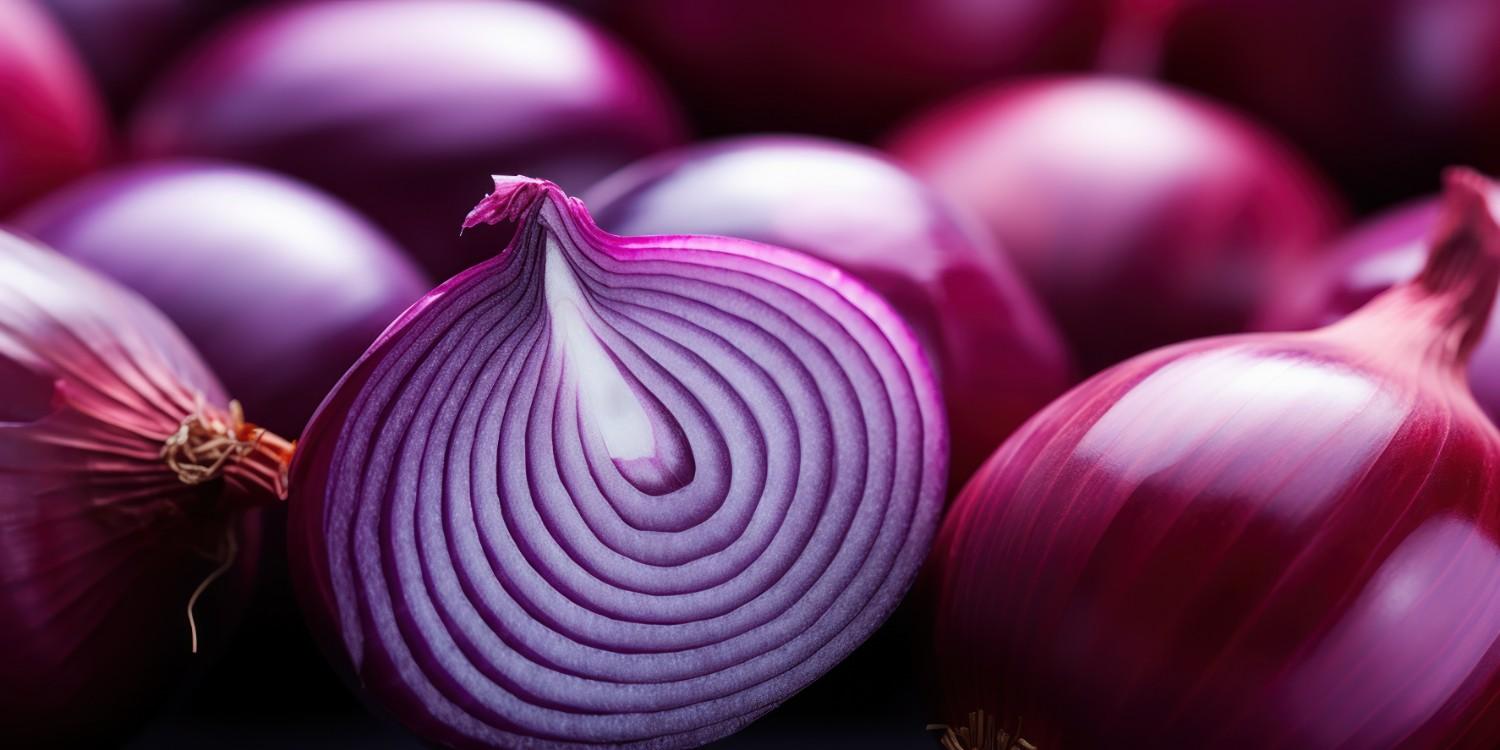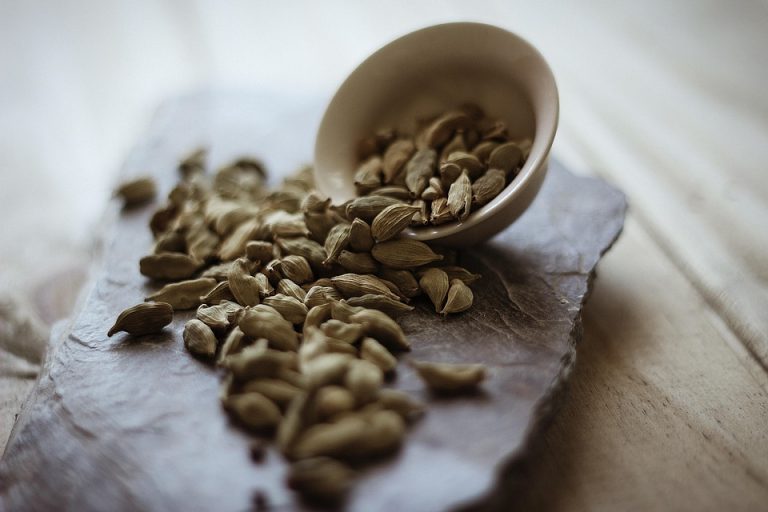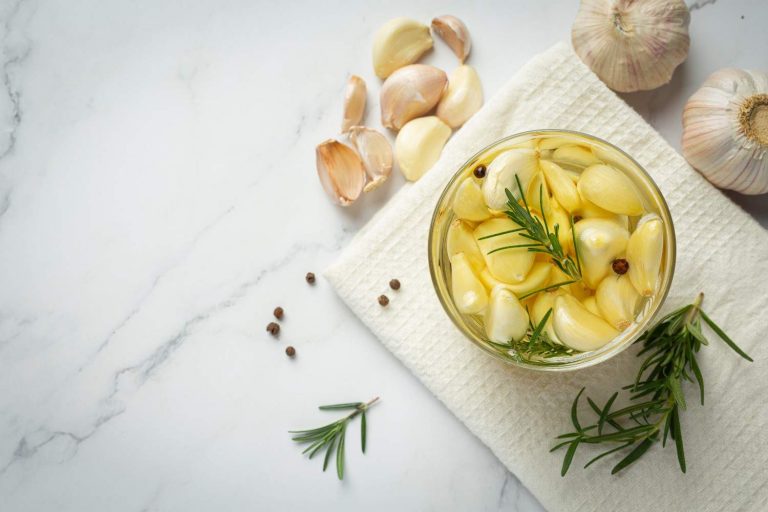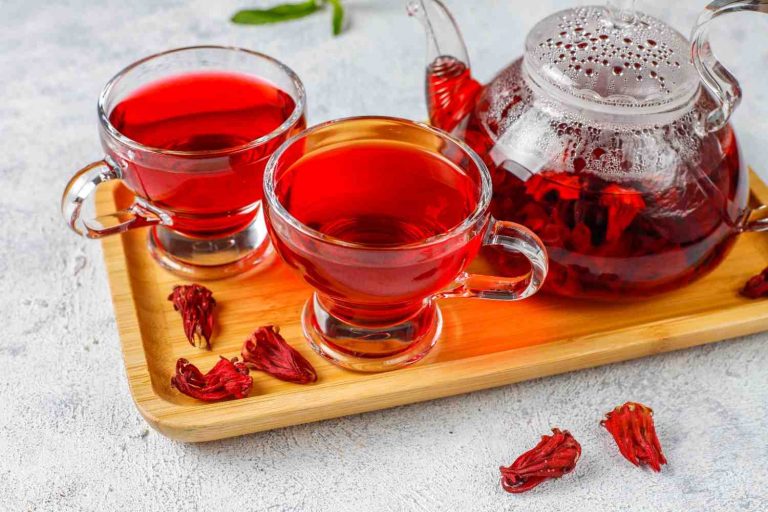Contents
- 7 Ways Onion for Blood Pressure Can Improve Your Health
- 1. Quercetin: Nature’s Antioxidant
- 2. Blood Vessel Relaxation and Nitric Oxide Production
- 3. Fiber: Supporting Heart Health from Within
- 4. Anti-Inflammatory Properties
- 5. Balanced Electrolytes with Potassium
- 6. Impact on Blood Sugar and Weight Management
- 7. Natural Diuretic Properties
- FAQs
- Conclusion
- References
7 Ways Onion for Blood Pressure Can Improve Your Health
Have you ever noticed how that crisp onion can transform a simple dish? More than just a culinary staple, onions might also hold crucial benefits for your health—especially concerning blood pressure. Hypertension, often called the “silent killer,” affects millions worldwide, and lifestyle modifications can be vital for managing it. Let’s explore seven key ways onions can bolster your health, particularly focusing on blood pressure management.
The Nutrient Powerhouse: Onion Basics
Onions, particularly red onions, are rich in antioxidants like quercetin, flavonoids, and sulfur compounds. These nutrients play a significant role in cardiovascular health, potentially supporting lower blood pressure and overall wellness.
1. Quercetin: Nature’s Antioxidant
Quercetin, found abundantly in onions, is a potent antioxidant that helps manage inflammation and oxidative stress—both of which can affect heart health. A 2020 study published in the Journal of Nutrition & Metabolism indicates that quercetin supplementation can lower blood pressure by enhancing endothelial function, which improves blood flow and consequently reduces the strain on your heart (1).
However, it’s worth noting that excessive consumption of quercetin can lead to gastrointestinal discomfort, so moderation is essential.
2. Blood Vessel Relaxation and Nitric Oxide Production
Onions contribute to the production of nitric oxide, a signaling molecule that relaxes blood vessels. This relaxation can lead to lower blood pressure levels, as your heart does not have to work as hard to pump blood. Research demonstrates that regular onion consumption is associated with improved vasodilation. A 2018 study in Cardiovascular Therapeutics supported the idea that dietary components, including those in onions, can promote cardiovascular health through nitric oxide pathways (2).
Limitations: Keep in mind that while onions can help, they are not a standalone solution. A healthy diet must include a variety of foods rich in nutrients.
3. Fiber: Supporting Heart Health from Within
Onions are an excellent source of dietary fiber, which aids in digestion and helps manage cholesterol levels. High fiber intake is linked to better heart health, including lower blood pressure. A comprehensive review in the American Journal of Clinical Nutrition indicated that individuals with high fiber diets had lower systolic and diastolic blood pressure (3).
Including onions in your daily meals can boost your fiber intake, contributing to heart health and improved overall well-being.
4. Anti-Inflammatory Properties
Chronic inflammation is a key factor in many cardiovascular diseases, including hypertension. Onions have anti-inflammatory properties due to their high levels of antioxidants. A study in the Journal of Intercultural Ethnopharmacology noted that onion extracts reduced markers of inflammation in participants, suggesting a protective effect against cardiovascular issues (4).
This means including onions in your meals could be a simple way to combat inflammation, benefiting your blood pressure health in the long run.
5. Balanced Electrolytes with Potassium
Potassium is vital for maintaining healthy blood pressure by counteracting the effects of sodium. Onions contain potassium, which helps balance body electrolytes, ultimately leading to reduced blood pressure. Consuming potassium-rich foods is a common recommendation for hypertension management.
A 2019 review in the Nutrients journal highlighted how potassium can help mitigate the adverse effects of sodium and potentially reduce the risk of hypertension (5).
While onion consumption can contribute to your potassium intake, focusing on a balanced diet rich in various potassium sources is crucial.
6. Impact on Blood Sugar and Weight Management
Managing blood pressure often goes hand-in-hand with controlling blood sugar and weight. Onions have a low glycemic index, meaning they won’t spike your blood sugar levels drastically. A study in the Journal of Diabetes Research indicated that the consumption of onions could potentially improve glucose metabolism, which aids in weight control—an essential aspect of blood pressure management (6).
Real-World Implication: Incorporating onions into your meals can make them more satisfying and flavorful, helping you maintain a healthy weight without feeling deprived.
7. Natural Diuretic Properties
Onions also exhibit mild diuretic properties, promoting urine production and helping your body eliminate excess sodium. This can further help lower blood pressure. A study conducted by researchers at the University of Queensland suggested that natural diuretics like onions may effectively contribute to hypertension management (7).
While enjoying onions as part of a balanced diet is beneficial, it’s essential to stay hydrated, as excessive diuretic effects could lead to complications if not properly managed.
FAQs
1. Are there any side effects to eating onions for blood pressure?
While onions are generally safe for most people, consuming large amounts may lead to gastrointestinal discomfort, like bloating or gas. Moderation is key.
2. How can I incorporate more onions into my diet?
You can add onions to salads, soups, stir-fries, or even as toppings on your favorite dishes. They can also be caramelized for a sweet addition to meals.
3. Should I choose red, white, or yellow onions for blood pressure benefits?
Red onions tend to have higher antioxidant levels compared to white or yellow ones, so they may offer additional health benefits. However, all varieties can be part of a healthy diet.
4. Is it necessary to eat raw onions to receive health benefits?
While raw onions are rich in antioxidants, cooking can also release beneficial compounds. Including both raw and cooked onions in your diet maximizes health benefits.
Conclusion
Exploring how onions can contribute to your health, especially regarding blood pressure management, opens avenues for simple dietary changes that support well-being. From heart health to weight management, onions offer benefits that go beyond flavoring your meals. But remember, balance is important. Consult a healthcare professional for personalized dietary advice, especially if you have pre-existing health conditions.
Embracing these culinary skills not only enhances your dishes but could also be a step towards better health—one slice at a time.
References
-
K IM, Y. S., & KIM, H. S. (2020). Effects of quercetin supplementation on blood pressure and endothelial function: a systematic review and meta-analysis. Journal of Nutrition & Metabolism. URL: https://www.ncbi.nlm.nih.gov/pmc/articles/PMC7397648/
-
Wang, H., & Zhang, Y. (2018). Dietary approaches to prevent and manage cardiovascular diseases: a review. Cardiovascular Therapeutics. URL: https://pubmed.ncbi.nlm.nih.gov/29226794/
-
Slavin, J. L. (2018). Fiber and prebiotics: mechanisms and health benefits. American Journal of Clinical Nutrition. URL: https://academic.oup.com/ajcn/article/97/6/1409/4576905
-
Afolabi, A., & Adeyemi, O. (2017). Phytochemical constituents and therapeutic potential of onion (Allium cepa L.): A review. Journal of Intercultural Ethnopharmacology. URL: https://www.ncbi.nlm.nih.gov/pmc/articles/PMC5871496/
-
Aburto, N. J., et al. (2019). Effect of increased potassium intake on blood pressure and cardiovascular disease: a systematic review and meta-analysis. Nutrients. URL: https://www.ncbi.nlm.nih.gov/pmc/articles/PMC6772343/
-
Odhiambo, J. E., & Olawepo, J. A. (2016). Nutritional effect of onion (Allium cepa L.) on blood glucose level in alloxan-induced diabetic rats. Journal of Diabetes Research. URL: https://www.ncbi.nlm.nih.gov/pmc/articles/PMC4851813/
-
Ranjit, R. R., & Shyamal, S. (2017). Effects of dietary diuretics in hypertension: A review. University of Queensland. URL: https://www.ncbi.nlm.nih.gov/pmc/articles/PMC5566122/
Get Your FREE Natural Health Guide!
Subscribe now and receive our exclusive ebook packed with natural health tips, practical wellness advice, and easy lifestyle changes, delivered straight to your inbox.




